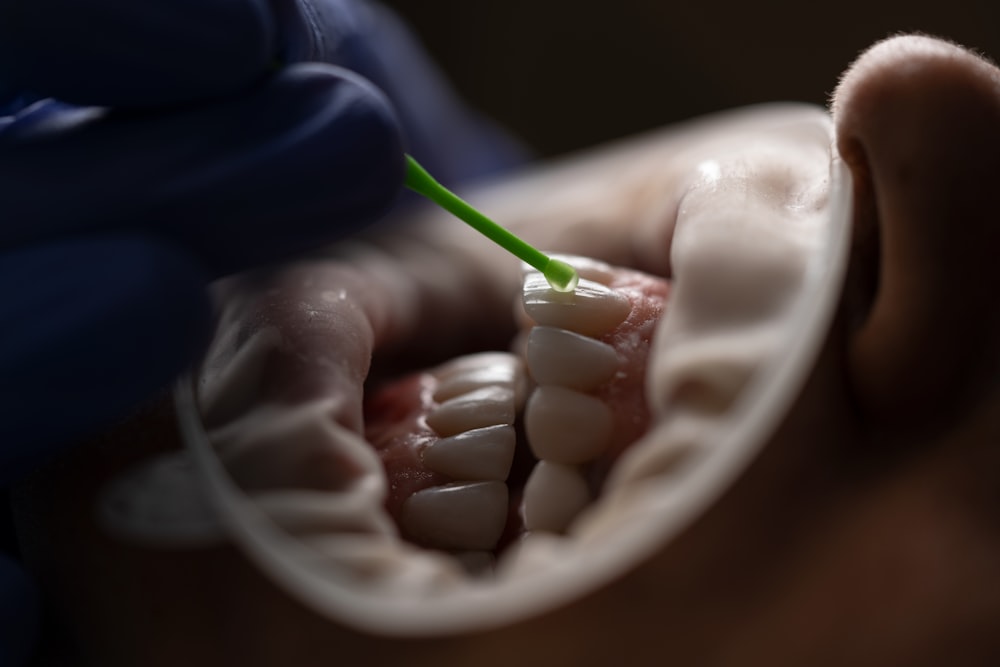

Gut Harmony: Probiotics for a Healthy Microbiome
Embarking on a journey to prioritize gut health is a transformative decision, and one of the key players in this endeavor is the integration of probiotics into your daily routine. Let’s explore the profound impact of probiotics on cultivating a healthy microbiome.
Understanding Probiotics: The Microbial Allies
Probiotics are live microorganisms, often referred to as “good” or “friendly” bacteria, that confer health benefits when consumed in adequate amounts. They play a crucial role in balancing the gut microbiome, which is a community of trillions of microorganisms residing in your digestive tract.
Gut Microbiome: The Ecosystem Within
Your gut microbiome is a complex ecosystem hosting various bacteria, viruses, fungi, and other microbes. Maintaining a harmonious balance is essential for overall health, as the gut microbiome influences digestion, nutrient absorption, immune function, and even mental well-being.
Digestive Health: Probiotics as Digestive Aids
Probiotics contribute to digestive health by promoting a balanced gut microbiome. They help maintain a healthy ratio of beneficial bacteria, such as Bifidobacteria and Lactobacilli, which play a crucial role in breaking down food, producing essential nutrients, and preventing the overgrowth of harmful bacteria.
Immune Support: Strengthening the Body’s Defenses
A significant portion of the immune system resides in the gut. Probiotics enhance immune function by supporting the balance of gut bacteria. This not only helps the body defend against harmful pathogens but also modulates immune responses, reducing the risk of allergies and autoimmune conditions.
Mood and Mental Health: The Gut-Brain Connection
The gut and brain communicate through the gut-brain axis, and this interaction has profound effects on mental health. Probiotics may influence this connection, with emerging research suggesting a potential role in managing conditions like anxiety and depression.
Weight Management: Probiotics and Metabolism
The composition of the gut microbiome has been linked to body weight and metabolism. Probiotics may contribute to weight management by influencing how the body absorbs and stores fat and regulating appetite. Including probiotic-rich foods in your diet can be a valuable component of a holistic approach to weight health.
Sources of Probiotics: From Fermented Foods to Supplements
Fermented foods are natural sources of probiotics. Yogurt, kefir, sauerkraut, kimchi, and miso are examples of probiotic-rich foods. Additionally, probiotic supplements are available, providing a convenient way to boost your probiotic intake. Choosing a variety of sources ensures a diverse range of beneficial bacteria.
Incorporating Probiotics: Tips for a Probiotic-Rich Diet
To reap the benefits of probiotics, incorporate a variety of fermented foods into your diet. Experiment with homemade yogurt, include sauerkraut in your salads, or enjoy a serving of kimchi with your meals. Additionally, consider adding a high-quality probiotic supplement to further enhance your microbial diversity.
AmalIslam.com: Your Guide to Probiotics and Gut Health
For more information and resources on integrating probiotics into your lifestyle for optimal gut health, visit Probiotics and Gut Health. Explore a variety of tips, recipes, and insights to help you achieve gut harmony and overall well-being through the power of probiotics.






